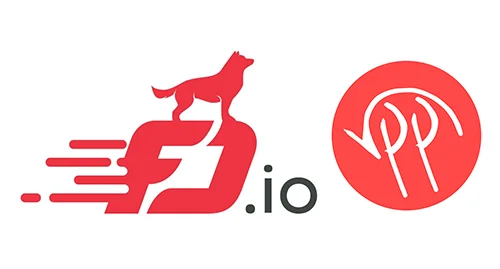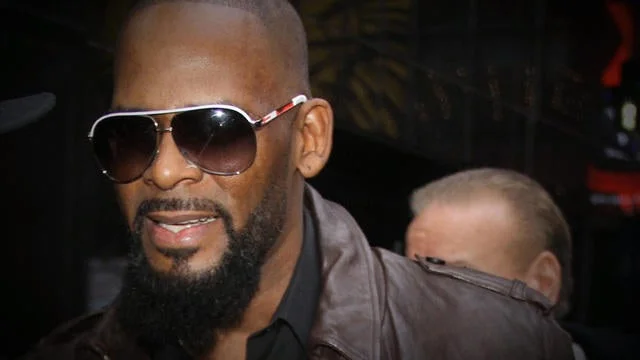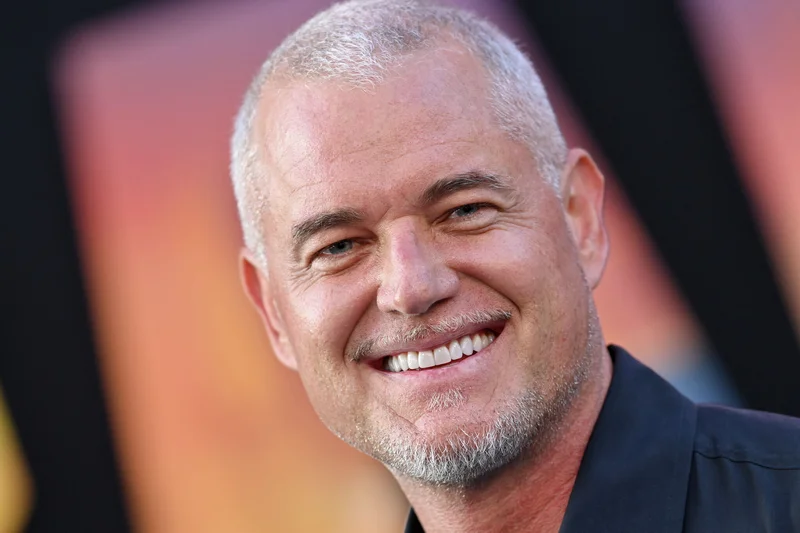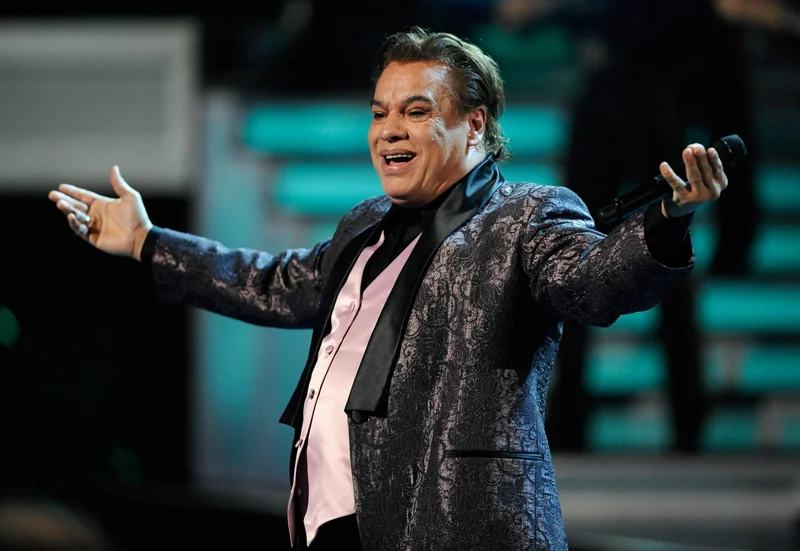The OpenVPP & SEC Controversy: What Really Happened and What It Means for Crypto's Future
It started, as so many stories do now, with a single image posted to the digital town square. A photograph. On one side, Parth Capadia, the CEO of a fledgling startup called OpenVPP. On the other, Hester Peirce, a Commissioner of the U.S. Securities and Exchange Commission—a regulator, a policymaker, one of the most powerful figures in American finance. They’re standing together, smiling, the picture of collaboration.
The caption was electric. “Excited to announce that we are working alongside [Commissioner Peirce] and the U.S. Securities Exchange Commission on the Tokenization of Energy.”
For a moment, you could feel the tectonic plates of an entire industry shift. A startup, one of thousands trying to build the next layer of our digital world, was seemingly hand-in-hand with the very institution that holds the keys to the kingdom. Imagine it: the builders and the guardians, united. This is the dream, isn't it? The moment when the disruptive energy of a new idea is met not with a wall, but with an open door.
Then came the correction. Swift and precise.
Commissioner Peirce, a figure known in these circles as “Crypto Mom” for her thoughtful and often welcoming approach to innovation, gently but firmly dismantled the claim. “I welcome the chance to meet with crypto projects,” she wrote, “but I do not ‘work alongside’ or endorse private crypto projects or firms.”
The headlines that followed were predictable. “SEC Commissioner Rejects Misleading Claims.” “Startup Overstates Meeting.” The narrative quickly became one of an overeager founder making a clumsy PR mistake. And sure, it was that. OpenVPP even hid her reply, a move that speaks for itself. But to stop the story there, to see only the gaffe and not the context, is to miss the single most important thing happening in American innovation right now. It’s like studying the splash and ignoring the tidal wave that caused it.
The real question, the one that changes everything, isn’t “Why did OpenVPP overstate their relationship?” The real question is: Why was the CEO of a tiny startup even in the same room as an SEC Commissioner in the first place?
The answer to that is where the future is being written.
Beyond the Bubble: The Handshake That Could Define a Decade
The Handshake Tour

For years, the relationship between innovators in the crypto and blockchain space and the regulators in Washington D.C. has been defined by distance and distrust. It’s been a conversation conducted through enforcement actions and legal filings. Innovators felt misunderstood, and regulators felt their rules were being ignored.
But something is changing. Quietly, without the fanfare of a big product launch, the SEC’s Crypto Task Force has left the D.C. bubble. They’ve embarked on a cross-country tour, a series of roundtables dubbed “Crypto on the Road,” with stops from Chicago to Los Angeles, Cleveland to Scottsdale. And here is the crucial detail: while industry giants like Coinbase and Kraken are at the table, the explicit focus of this tour, championed by Peirce herself, is on the little guys. They are specifically seeking out projects with ten or fewer employees, companies less than two years old.
When I first read about this tour, I honestly felt a surge of optimism. For years, we've seen a standoff. This… this is a handshake. This isn't just about a few meetings, it’s about creating a feedback loop between the builders on the ground and the policymakers in the towers, a dynamic conversation that could accelerate innovation in everything from finance to energy to digital identity at a speed we haven't seen since the dawn of the internet.
OpenVPP’s goal is the tokenization of energy—in simpler terms, it’s about creating a digital representation of energy units on a blockchain, allowing them to be traded and managed more efficiently, cutting out antiquated payment rails. It’s a bold idea. And alongside them at that Chicago meeting were other small, audacious teams like 0xMiden, XKOVA, and PawChain. These aren’t household names. They are the garage bands of the digital economy, tinkering with the source code of tomorrow. And the SEC is actively pulling up a chair and asking them to play their songs.
This is a profound departure from the old way. As Peirce herself said, “We want to understand what it’s really like for people building the future.” This initiative is a recognition that you can’t regulate a new frontier by looking at it through a telescope from a thousand miles away. You have to go there. You have to talk to the pioneers, understand their challenges, and see the world from their perspective.
This moment feels like the early 1990s, when government and society had to decide what the internet was going to be. Was it a threat to be controlled, or a platform to be nurtured? We chose to nurture it, and that decision unleashed three decades of unprecedented economic and social transformation. This SEC tour feels like a conscious choice, once again, to nurture. To listen before legislating. It’s a move from an enforcement-first posture to a dialogue-first one.
Of course, with this new dialogue comes immense responsibility. The OpenVPP incident is a perfect, if painful, lesson. For this to work, the innovators who are given this incredible access must act with integrity. Trust is the currency of this new relationship, and it is fragile. Overstating a meeting or misrepresenting a conversation erodes that trust and makes it harder for the next founder who wants to walk through that open door. At the same time, regulators have a responsibility to keep listening, even after a stumble like this, and to not let one bad actor close the door on an entire ecosystem of good-faith builders.
But the momentum is undeniable. This isn't just one commissioner's pet project. SEC Chair Paul Atkins has spoken of modernizing the entire U.S. securities framework, of a commitment to bring markets on-chain, and has even used the phrase “a golden age of financial innovation on U.S. soil.”
That is the signal in the noise. The OpenVPP photo wasn’t the story. It was just a footnote in a much grander, more hopeful narrative. The real story is that the meeting happened at all. The story is that hundreds of companies, big and small, are finally getting a chance to share their vision for the future with the people who will write its rules. The dialogue we’ve been waiting for has finally begun.
The Handshake Moment
Forget the clumsy tweet. Forget the PR blunder. The single most important takeaway from this entire episode is that for the first time, the builders of our decentralized future and the guardians of our financial systems are in the same room, having a real conversation. That is a paradigm shift. The misstep of one company is irrelevant; the open door it walked through is everything. This is how a golden age begins—not with a perfect plan, but with the courage to start talking.
Reference article source:
Related Articles
FICO's Latest Scheme Sends Stock Soaring: What It Actually Means and Who Pays the Price
So, FICO is letting mortgage lenders buy its magic numbers directly now. The press release, offcours...
XRP's Wild Price Swings: Why This Isn't Just Noise, It's the Sound of a Breakthrough
The Day the Market Bled, and Why It Was a Glimpse of the Future It felt like watching a skyscraper c...
Royal Caribbean Norovirus Outbreak: What the CDC Data Reveals and the Numbers Involved
The latest incident report from Royal Caribbean’s Serenade of the Seas presents a tidy, almost clini...
Eric Dane's ALS Diagnosis: What We Know About His Current Health Status
The public persona of an actor is a carefully constructed asset. For years, the primary data points...
Juan Gabriel's Immortal Voice: What a Posthumous Album Proves About the "Is He Alive?" Theories
When you first hear it, the feeling is uncanny. A voice you thought was silenced forever, singing a...
James May: His Wife, Net Worth, and Life After Top Gear
The public narrative surrounding the dissolution of a 22-year media partnership is typically framed...





